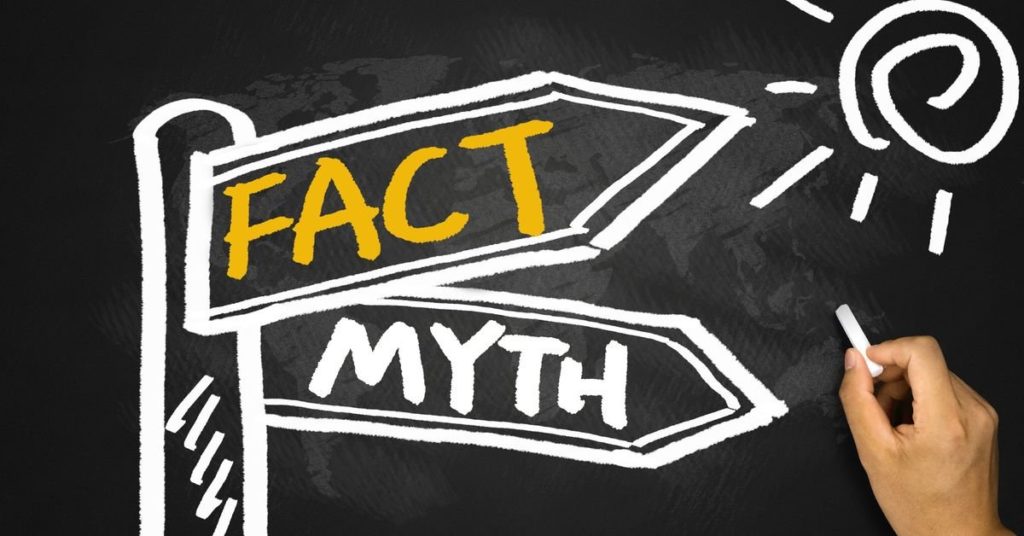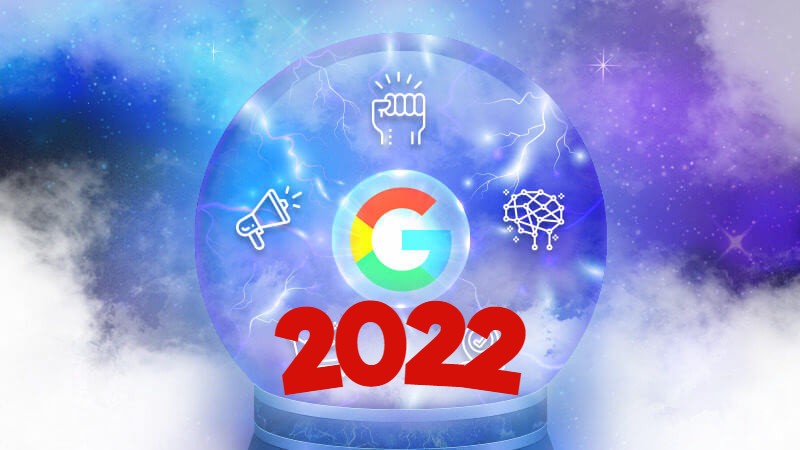John Mueller, Google’s Search Advocate and Webmaster Trends Analyst, is prolific in sharing his wisdom, knowledge and bringing a level of transparency to organic search that many SEOs celebrate. From Twitter to his weekly live Q&A, via Office Hours hangouts, there is much to learn, dispel and adopt within a prudent SEO strategy. However, due to the dedication and sheer amount of communication, one must crystalize this communication to impart impactful learnings that can significantly move the needle in your organic rankings.
Let’s bust some SEO myths and confirm other proven SEO tactics thanks to John Mueller’s insightful commentary. Without further ado we begin with none other than backlinks.

Myth: The Number of Backlinks is the Driver in SEO Rankings.
John Says:
“… you could go off and create millions of links across millions of websites if you wanted to, and we could just ignore them all. Or there could be one really good link from one website out there that is, for us, a really important sign that we should treat this website as something that is relevant because it has that one link… So the total number essentially is completely irrelevant.”
That’s right SEO fans, SEO myth busted! A single backlink from a highly relevant source can be more beneficial than thousands, in fact, millions, of poor-quality links.
Myth: Traffic to a Site Impacts CWV (Core Web Vitals) and Rankings
Is it true? Does traffic and the number of sessions therein propel organic search rankings and/or core web vitals? John responds accordingly:
“It doesn’t matter if millions of users are seeing that or just… I don’t know… thousands of users are seeing it… the pure number of visitors to your site is not a factor when it comes to core web vitals and generally not a factor for ranking either.”
Buzz… Sorry, another SEO myth busted! According to Mr. Mueller, the number of site sessions does not impact core web vitals, nor organic search rankings.
Myth: Your Heading Tags are A Powerful Search Signal
We have heard for years that H1 tags, or H2-H5 tags, when used properly, can be a strong search signal, but is that myth true? Let’s find out.
“And when it comes to text on a page, a heading is a really strong signal telling us this part of the page is about this topic. …whether you put that into an H1 tag or an H2 tag or H5 or whatever, that doesn’t matter so much. But rather kind of this general signal that you give us that says… this part of the page is about this topic. And this other part of the page is maybe about a different topic.”
Ding-Ding-Ding – It’s a Fact! SEO Myth proven correct! Heading tags are indeed valuable and should be used as part of your on-page technical SEO optimization efforts.
Myth: Spelling and Grammar can Be a Higher Priority than Broken HTML
You may be raising an eyebrow right now at the notion that spelling, and grammar, could actually be a higher priority, when it comes to search and rankings, than broken HTML. Is this farfetched, or a valid statement? Time to find out!
“With regard to spelling errors, grammatical errors, I think that’s something that’s a bit more of almost like a gray zone in that on the one hand we have to be able to recognize what a page is about. And if we can’t recognize that because there’s so many errors on the page in the text, then that makes it harder. The other aspect is also that we try to find really high-quality content on the web and sometimes it can appear that a page is lower quality content because it has a lot of grammatical and technical mistakes in the text. I would almost say spelling and grammar is probably for most websites a higher priority than broken HTML.”
That’s right, this too is a fact and another SEO myth has been proven correct! Brush up on those grammar skills because living in the gray zone will not suffice, we want to move all needles north and this can best be accomplished with clear communication.
Myth: Anchor Text on Internal or External Links Must Convey Context
Adding anchor text to your internal links? Does the text have relevance and context? Does this matter to Google and can it enhance your indexability and SERPs? The time to find out is now!
“With regards to internal links you’re giving us a signal of context. So basically you’re saying, in this part of my website you’ll find information about this topic. And that’s what you would use as the anchor text for those internal links… With regards to external links, if you’re linking out to other people’s websites, the same things. Like, supply some context why people should go and click on this link, what kind of extra information it gives.”
Yes! Once again, this SEO myth has been confirmed. Both internal links and external links should contain anchor text as to give clear indication about the topic and relevance.
While SEO had been notorious for smoke and mirrors, or changed prescriptively based upon who you may ask, the days of transparency and thus enhanced compliance, which backs into predictability, are now upon us. We at SSS are forever students of SEO as the landscape and algos change constantly. However, if you listen, learn, adopt and practice what is proven, you will enjoy long term and valuable success within organic search. Want to learn more, looking for a SEO strategy to drive your search results? Get in touch with our SEO team today!



